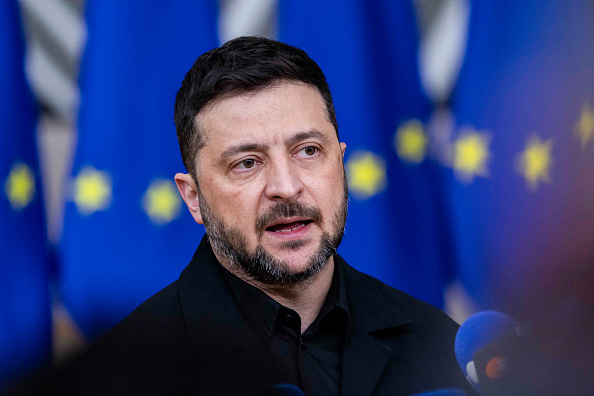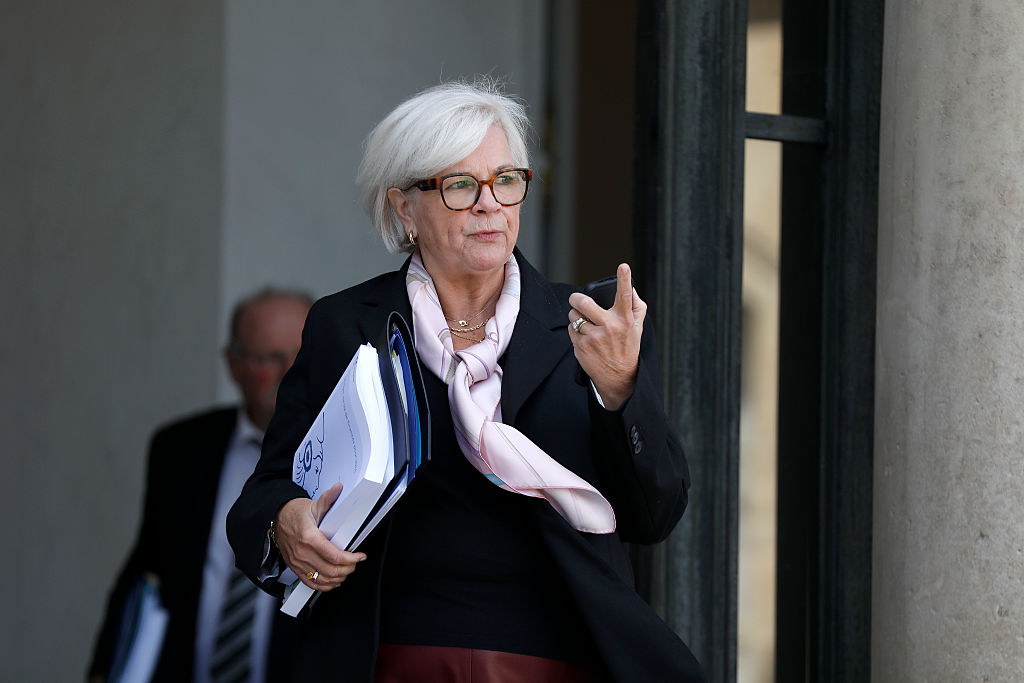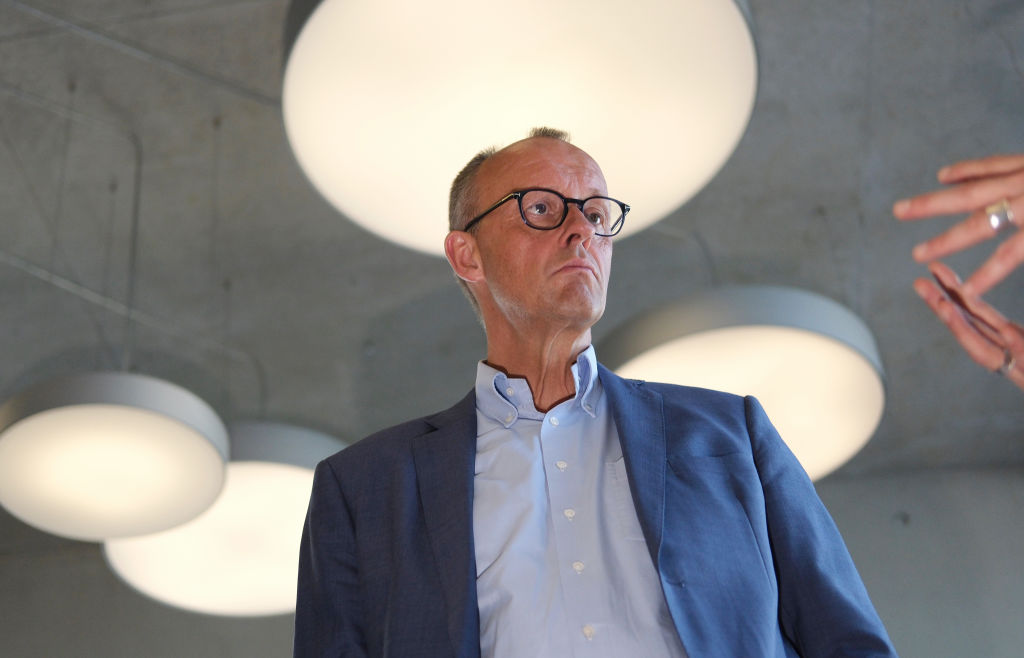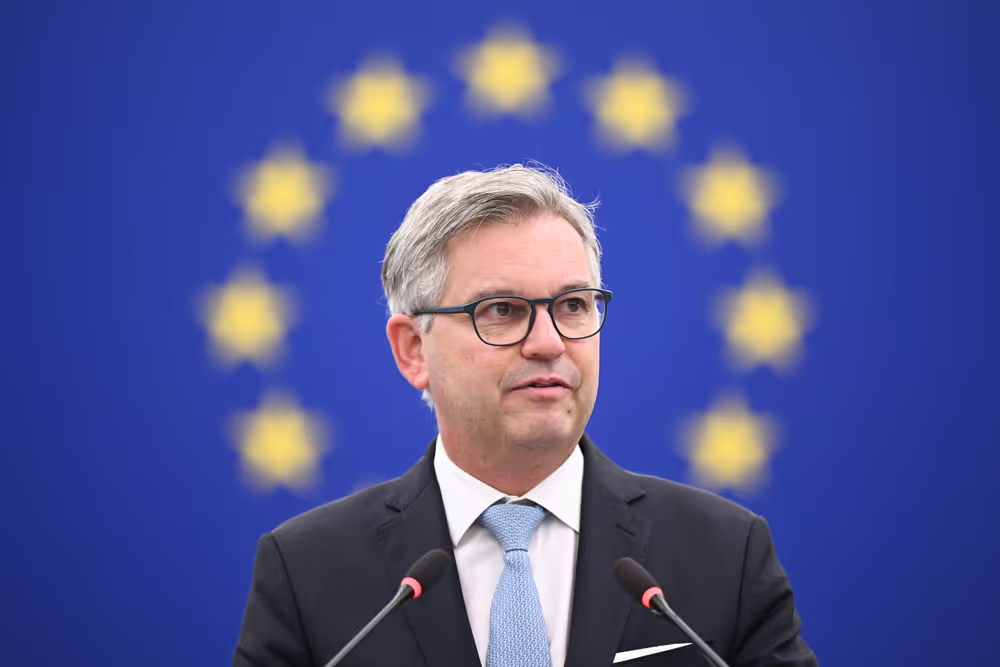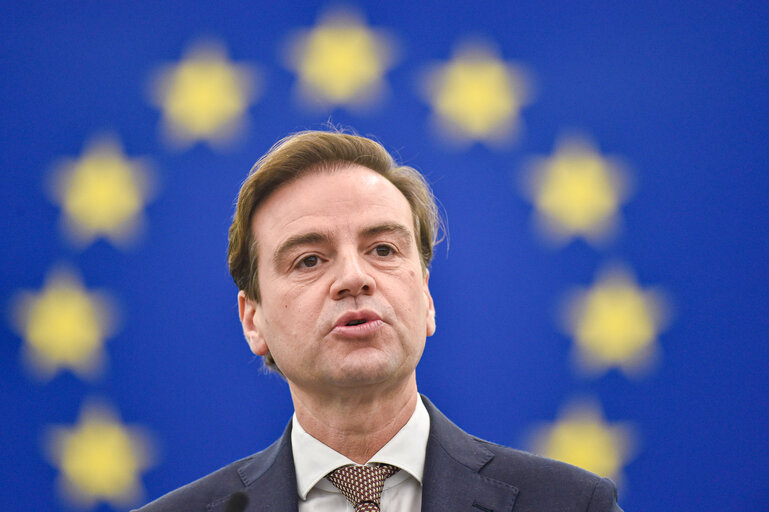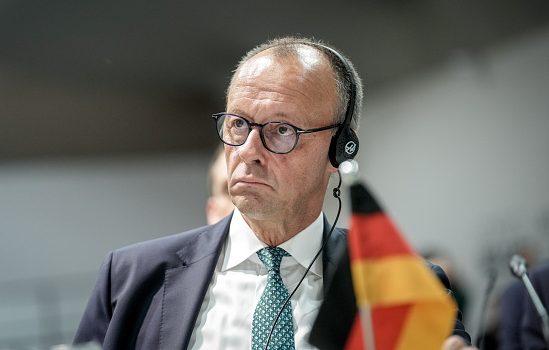German foreign minister sparks CDU row over Syrian repatriations
Johann Wadephul’s remarks that the war-torn country remains “barely" liveable have undercut Merz’s increasingly hard-line stance on migration
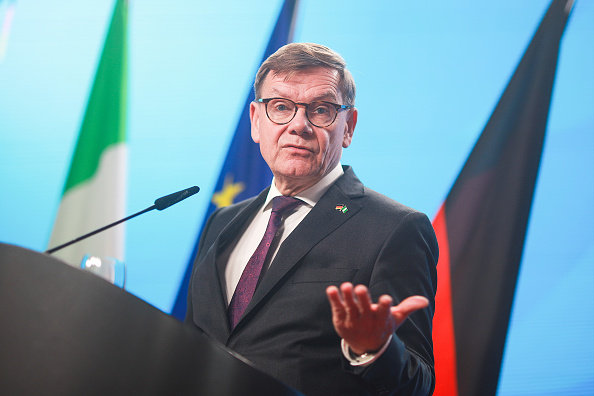
BERLIN – Germany’s foreign minister, Johann Wadephul of the conservative CDU, has reignited tensions within Chancellor Friedrich Merz’s government after saying that parts of Syria are too devastated for the almost one million Syrians living in Germany to return.
Speaking in the war-torn Damascus suburb of Harasta last Friday, Wadephul told reporters: “They cannot return in the short term. I personally haven’t seen such a large extent of destruction and couldn’t imagine it either. It’s barely possible for people to live here in real dignity.”
His comment appeared to contradict Merz’s pledge to step up repatriations as he seeks to counter rising support for the far-right AfD, which has been calling for “remigration” and recently led in some polls ahead of five state elections next year.
Wadephul added that Syrians living in Germany were free to decide their future, stressing that those contributing to society were welcome to stay. He said Berlin was in contact with Damascus to arrange the forcible return of serious offenders.
About 951,406 Syrian nationals are currently registered in Germany, according to government figures – the third-largest foreign group after Turks and Ukrainians. Most of them hold residence permits as refugees from war and persecution. That figure does not include people who have gained German citizenship. In total, some 1.3 million people with a Syrian immigrant background live in Germany.
The debate has distracted from the government’s reform agenda and deepened rifts both within the CDU and with its coalition partner, the centre-left SPD, which praised Wadephul’s remarks. It follows a recent row over alleged racism by Merz after he referred to “this problem in how our cities look” in the context of immigration.
The dispute has also fuelled confusion over what the government’s migration plans are. Some officials favour focusing on deporting criminals, while others back wider repatriations of young Syrian men whose asylum status is in doubt. Others have argued that Syrians have a patriotic duty to return voluntarily and help rebuild their country.
There is broad agreement with the CDU that conditions have changed since the fall of Bashar al-Assad’s government last December and the end of the civil war, even though Syria remains in a humanitarian crisis.
After staying silent over the weekend, Merz weighed in on Monday, saying: “There are now no longer any grounds for asylum in Germany, and therefore we can also begin with repatriations.” He added that he expected many Syrians to return voluntarily: “Without these people, rebuilding will not be possible. Those in Germany who then refuse to return to the country can, of course, also be deported in the near future.”
Legal restrictions, however, make forced returns difficult. To start lowering those hurdles, Merz this week invited Syrian President Ahmed al-Sharaa for a visit to discuss a potential agreement on deporting Syrian citizens with criminal records in Germany.
Despite hundreds of thousands of Syrians returning home from Turkey, Lebanon, Jordan, Egypt, and Iraq since the fall of Assad, only about 4,000 Syrians have voluntarily gone back from Germany, according to public broadcaster ARD. Berlin offers returnees a payment of €1,000 per person or up to €4,000 per family.
Wadephul faced renewed criticism from party colleagues after defending his comments at a CDU/CSU parliamentary meeting on Tuesday. Der Spiegel reported that some CDU MPs called for his resignation after he said the devastation he saw in Syria was worse than in Germany in 1945. Referring to his comments in Damascus, he said: “One can say that even as a Christian Democrat. That doesn’t make me a softie.”
Syrian refugee Jamil Alyou, who arrived in Germany in 2015 and now works in Dortmund as a social worker, sided with Wadephul. Citing recent kidnappings and arbitrary arrests in Syria, he told Rheinische Post that repatriations would amount to a “massive human rights violation.”
(cz)


